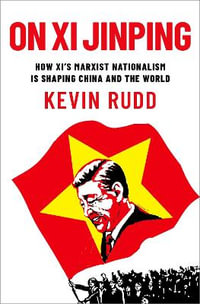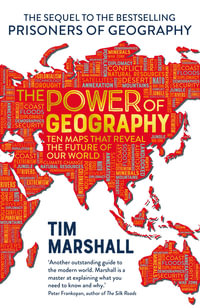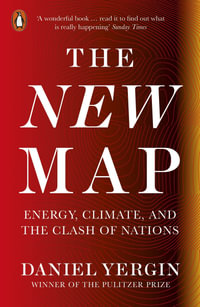
Power of Bonding and Non-Western Emerging Great Powers Engagement
Comparing China and India's Soft Power Strategy in Pakistan
By: Nazmul Islam
Hardcover | 30 October 2023
At a Glance
Hardcover
RRP $187.00
$148.40
21%OFF
Aims to ship in 5 to 10 business days
ISBN: 9781666920994
ISBN-10: 1666920991
Published: 30th October 2023
Format: Hardcover
Language: English
Number of Pages: 276
Audience: Professional and Scholarly
Publisher: ROWMAN & LITTLEFIELD PUBLISHERS
Country of Publication: US
Dimensions (cm): 22.86 x 15.24 x 1.75
Weight (kg): 0.54
Shipping
| Standard Shipping | Express Shipping | |
|---|---|---|
| Metro postcodes: | $9.99 | $14.95 |
| Regional postcodes: | $9.99 | $14.95 |
| Rural postcodes: | $9.99 | $14.95 |
How to return your order
At Booktopia, we offer hassle-free returns in accordance with our returns policy. If you wish to return an item, please get in touch with Booktopia Customer Care.
Additional postage charges may be applicable.
Defective items
If there is a problem with any of the items received for your order then the Booktopia Customer Care team is ready to assist you.
For more info please visit our Help Centre.























